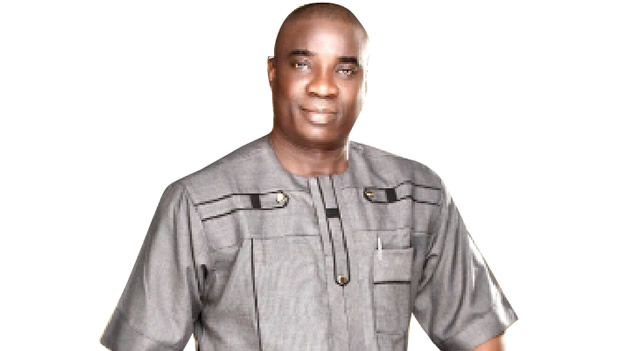The renowned Fuji musician, King Wasiu Ayinde Marshal, popularly known as K1 De Ultimate, has become embroiled in controversy following a remark he made during the eight-day Fidau prayer ceremony held for his late mother. The incident, which unfolded during preparations for the prayer, captured on video and subsequently disseminated through social media, centers around K1’s use of the Yoruba word “Ganusi” in reference to some Islamic clerics (Alfas). This term, often interpreted as implying greed or a focus on material gain, sparked widespread criticism and calls for an apology from the musician, particularly given the sensitive and solemn context of the Fidau prayer. The controversy underscores the delicate intersection of religious tradition, public image, and freedom of expression, raising questions about the appropriate language and conduct expected in such settings.
The Fidau prayer, a significant ritual in Islamic tradition conducted to honor the deceased and pray for their soul, took place on January 24th and was attended by a large gathering including prominent figures from the entertainment industry and highly respected Islamic clerics. Among the clerics present was Sheikh Faruq Onikijipa, a renowned figure within the Islamic community. During his sermon at the event, Sheikh Onikijipa directly addressed K1’s controversial statement. He provided religious guidance and correction regarding the musician’s choice of words, emphasizing the importance of respect and decorum towards religious leaders, and publicly urging K1 to issue an apology to the Alfas who many felt had been disparaged by his remark. The Sheikh’s intervention highlighted the gravity of the situation within the religious community and the pressure on K1 to address the growing discontent.
Despite the public outcry and the direct appeal from a respected religious authority, K1 De Ultimate has steadfastly refused to apologize for his statement. Maintaining his innocence, he argues that an apology would be an admission of guilt, a stance he vehemently rejects. He asserts that his words were not intended to be offensive and have been misinterpreted. K1’s refusal to apologize has further fueled the controversy, pitting his right to express himself against the perceived disrespect to religious leaders. The situation underscores the complexities of navigating public opinion and religious sensitivities, particularly for high-profile figures whose words and actions carry significant weight.
K1’s defense rests on his interpretation of the word “Ganusi” and his insistence that his intention was not to malign Islamic clerics. He argues that an apology would be a tacit acceptance of the accusations levied against him, accusations he maintains are unfounded. This rationale reveals a deeper conflict between K1’s personal understanding of his statement and the broader public interpretation, a discrepancy that has contributed to the escalating tension. His unwavering stance further highlights the challenges faced by public figures when their words, regardless of intent, are perceived as offensive by a significant portion of the public.
The controversy surrounding K1’s remark during his mother’s Fidau prayer has extended beyond the immediate event, sparking widespread discussion on social media and various media platforms. The video clip of his conversation, shared widely online, has further amplified the debate and drawn in a larger audience. The incident has become a focal point for conversations about respect for religious figures, the boundaries of free speech, and the responsibility of public figures to be mindful of their words, particularly in sensitive religious contexts. The online discourse reflects a divided public opinion, with some supporting K1’s right to express himself and others condemning his perceived disrespect towards the Islamic clerics.
The K1 De Ultimate controversy serves as a reminder of the potential impact of words, particularly in a digitally connected world where statements can rapidly spread and be subject to diverse interpretations. The incident highlights the delicate balance between freedom of expression and the responsibility to avoid causing offense, particularly within religious or cultural contexts. While K1 maintains his right to stand by his statement, the controversy continues to resonate, raising important questions about public discourse, religious sensitivity, and the role of social media in amplifying such disputes. The long-term impact of this incident on K1’s public image and his relationship with the religious community remains to be seen.














